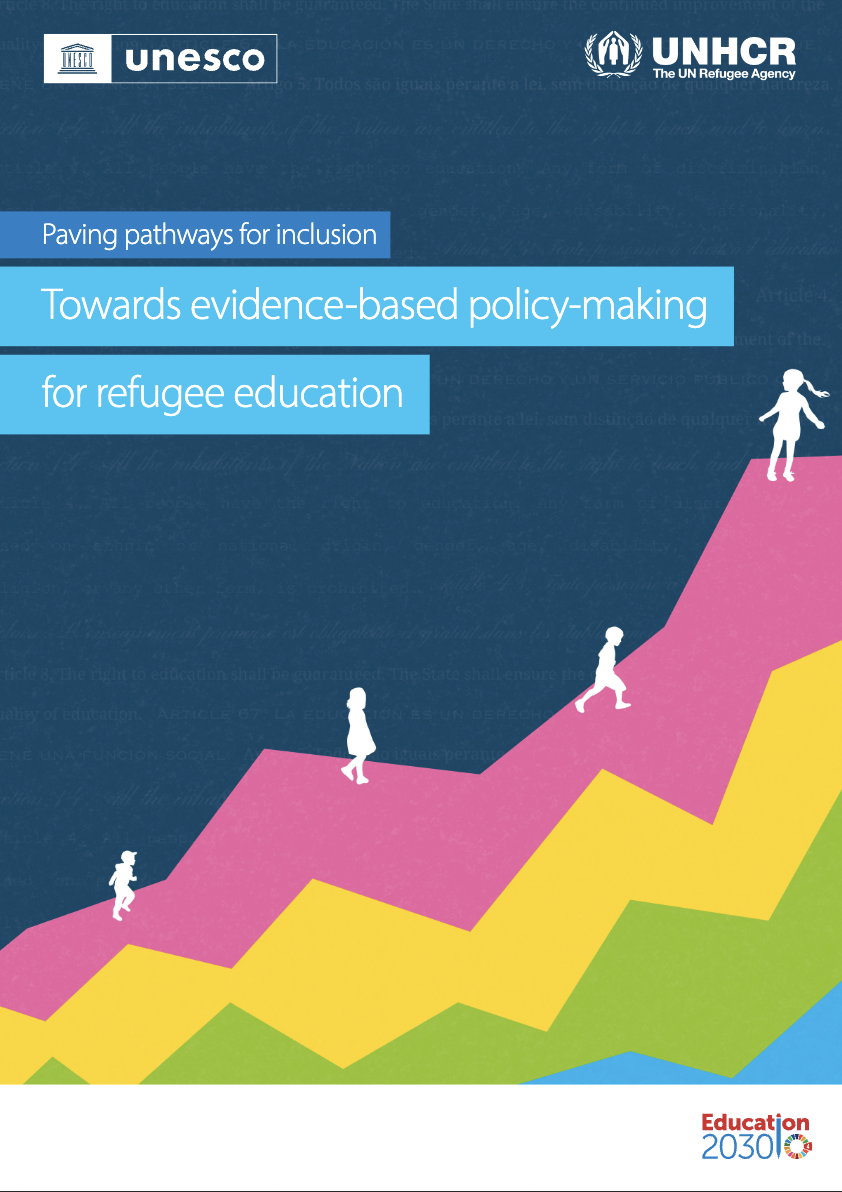
Paving Pathways for Inclusion: Towards Evidence-Based Policy-Making for Refugee Education
Author(s)
Abstract
Around the world, refugee children and youth face uncertainty about their futures. In light of this, inclusion in national education systems offers a solution for governments to guarantee equitable access to education, build social cohesion, and equip refugees with the tools to rebuild their lives. However, refugees are not consistently included and accounted for in policy-making and data collection efforts, impacting the extent to which they can access education services that prepare them for the future.
This report explores the intrinsic relationship between policy and data along pathways for refugee inclusion, considering how and why inclusion has occurred in specific contexts. Key insights are based on a review of policies in top refugee-hosting countries as well as case studies on the process of inclusion in seven countries. Effective inclusion requires a strong policy-data nexus, hinging on the existence of comprehensive policies and data collection efforts across key dimensions of documentation, education, and local integration.
The report aims to serve as a reference on evidence-based policy-making for refugee education and inform efforts towards achieving equitable access to safe, quality education for all, in line with the 2030 Agenda and the commitment to leave no one behind.
